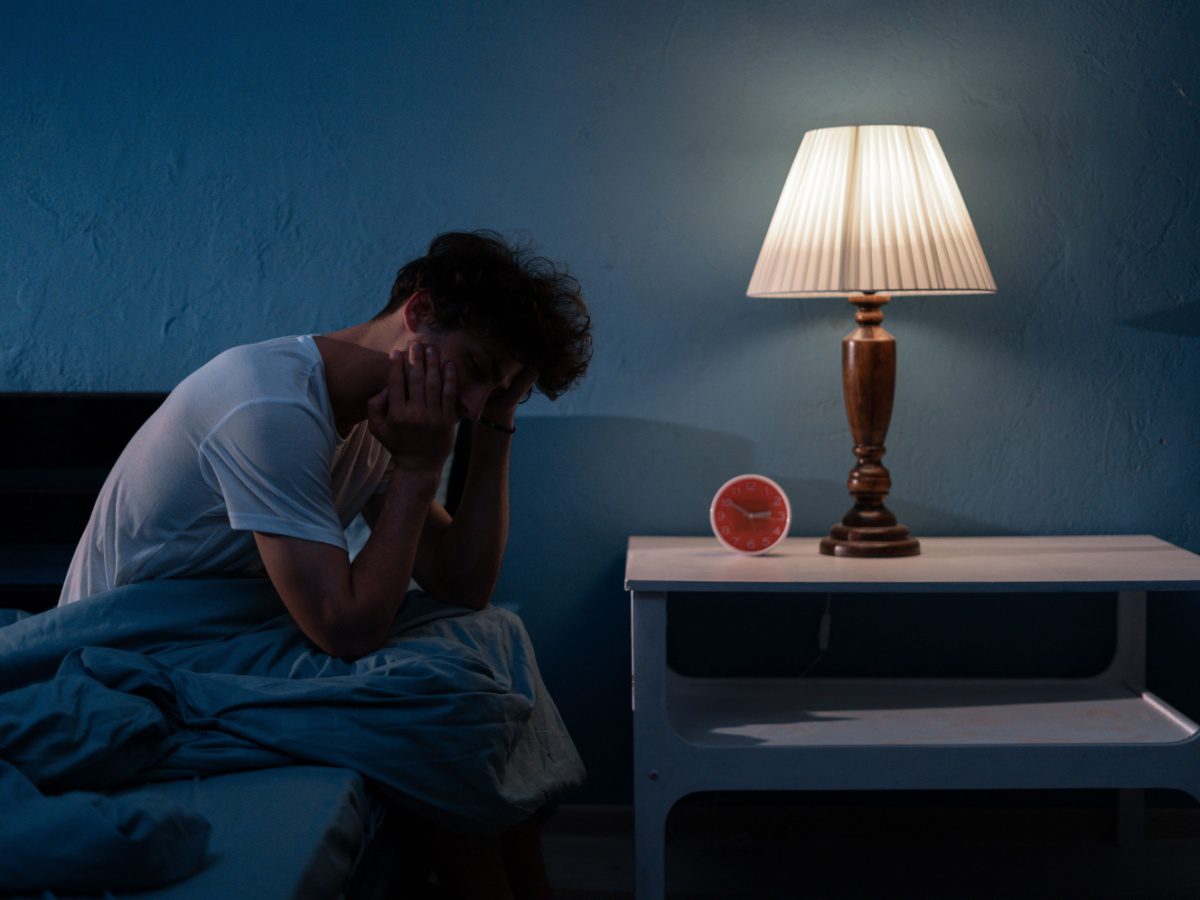
For the first time in Gallup polling since 2001, a majority of adults in the U.S., 57 percent, say they would feel better if they get more sleep, while 42 percent say they get as much sleep as they need, a near reversal of the figures last measure in 2013 when 56 percent of Americans got the sleep they needed and 43 percent didn’t. Americans’ perception that they aren’t getting enough sleep is borne out by the decreased number of hours of sleep they report getting per night. These differences in average sleep reflect substantial changes over time in the percentage of U.S. adults sleeping eight or more versus five hours or less per night.
In 1942, 59 percent were getting eight-plus hours of sleep, while only three percent reported getting five hours or less. By 1990, the percentage reporting eight or more hours had fallen to 27 percent, while the proportion of getting five or less was up to 14 percent. Today, a quarter are still getting eight-plus hours, but the percentage getting five or less has risen to 20 percent. Women have been consistently less likely than men to report getting enough sleep. The latest poll finds 36 percent of women versus 48 percent of men saying they get the sleep they need. Both figures represent significant declines from previous readings in 2013 and 2004 and are the lowest Gallup has measured for each group to date.
Generally, adults 65 and older are more likely than those who are younger to get the sleep they need, which holds across the trend. That said, the decline this year in getting as much sleep as needed holds for all age groups, though it is less pronounced among young adults aged 18 to 29. All other groups show declines in excess of 10 percentage points. Younger women, at 27 percent, are much less likely than other age-by-gender groups to report getting adequate sleep. Younger men, at 46%, and older women, at 44 percent, are about equally likely to report getting adequate sleep, while older men, as is typical, are most likely to do so, with 51 percent getting the sleep they need in 2023.
Given that the percentage of young women getting enough sleep is so much lower than for other groups, the gender gap is much more significant among younger than older adults. In 2023, there is a 19-point difference between women and men aged 18 to 49, while the gap between women and men aged 50 and older is seven points. Younger men show only a modest drop in reporting getting adequate sleep over time, while a growing number of younger women aren’t getting the sleep they need. In 2001, a slight majority of younger men, 54 percent, reported getting enough sleep, dropping to 46 percent in 2023.
For younger women, 42 percent reported getting the sleep they needed in 2001, while today, only 27 percent say so. What might be driving these downward trends in sleep? Research on health and wellness shows a strong connection between stress and sleep quality. According to the American Psychological Association, the relationship between sleep and stress goes both ways — those who sleep less are more stressed, and those who are more stressed sleep less. Indeed, the new poll shows that 63 percent of those who report wanting more sleep say they frequently experience stress, compared with 31 percent of those who get the sleep they need.
